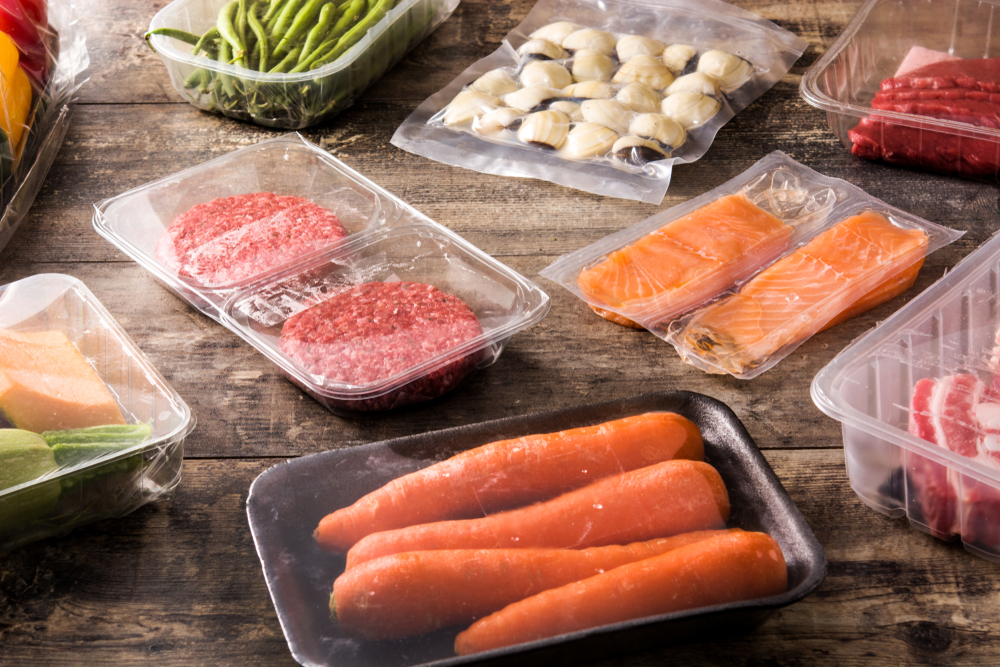According to the Action Program on Waste and Resources, UK households produce an estimated 4.7 million tonnes of food waste every year.
However, single-use plastic packaging used to reduce food waste poses an even more insidious problem. Once discarded, the single-use plastics that cushion, seal, protect and extend the shelf life of our groceries can remain in landfills, underground, rivers and ocean beds for centuries.
Increased plastic waste can destroy ecosystems, negatively impact food security by worsening animal health, and cause health problems for people.
The scale of the plastic waste problem
Approximately 90 billion pieces of plastic packaging are thrown away by British households every year. In 2024, the UK achieved a recycling rate of approximately 51% to 53.7% of plastic packaging waste.
The rest was incinerated, landfilled, or shipped overseas, usually to countries with weak waste management systems. If it is buried, burned, or stored haphazardly, there is a risk of it flowing into rivers or the ocean.
Traces of plastic have been found everywhere, from the ice of the Arctic to the hottest deserts, from the bellies of seabirds to human blood, lungs and placentas.
Plastic waste does not eventually break down like food waste, but instead continues to accumulate, slowly having a negative impact on future ecosystems.
Food waste rots, but plastic remains
UK households generate an estimated 16 million tonnes of carbon dioxide from consumable food and drink waste.
But while food waste is harmful, it also has an end point: it decomposes and returns to the soil.
In contrast, plastic packaging remains forever, slowly fragmenting into smaller pieces and breaking down into stubborn chemical components that stick to them.
We must see waste in general as a challenge to be overcome.
To overcome these challenges, we need to re-evaluate the hierarchy of things we feel guilty about as consumers.
Food waste is certainly important, but so is plastic packaging. The problem is that plastics haven’t been part of our moral economy for long.
Plastics became popular not because they had deep meaning for people and communities, like food, but because they were useful and convenient.
Unlike food, we have no ancient traditions, emotional memories or moral precepts associated with how we use or dispose of plastic. No one appreciates plastic packaging, no one talks morally about carelessly throwing it away.
We need new ways of thinking and talking about plastic waste as something harmful that outlasts us, pollutes rivers, fills animals’ stomachs, seeps into our food, and damages our health even after we stop using so much of it.
Source link

